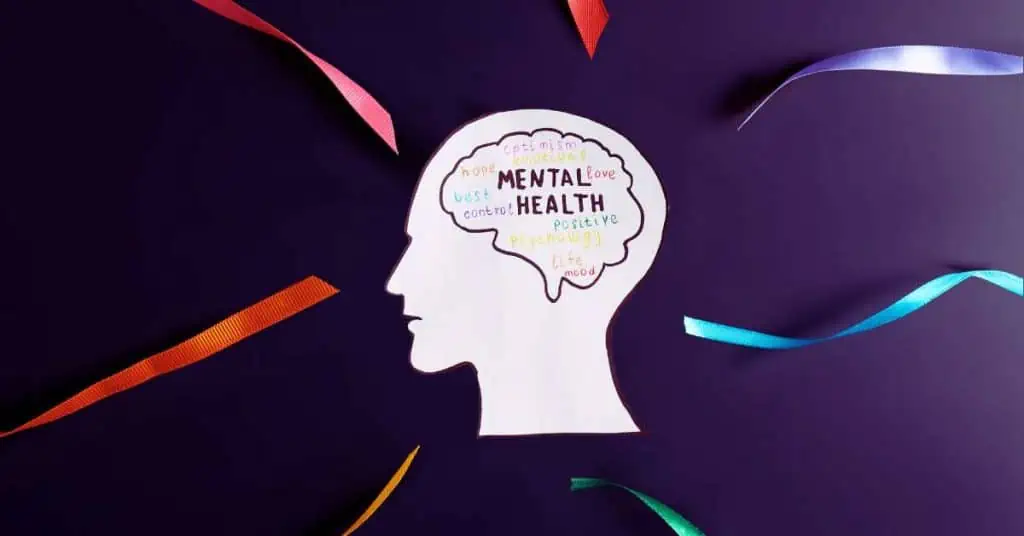Mental health refers to our emotional, psychological, and social well-being. It affects how we think, feel, and act. Mental health is important at every stage of life, from childhood and adolescence through adulthood.
Signs of Good Mental Health
- Positive Emotions: Experiencing positive emotions, such as joy, happiness, and contentment.
- Resilience: The ability to bounce back from setbacks and challenges.
- Healthy Relationships: Strong and supportive relationships with others.
- Positive Outlook: A hopeful and optimistic outlook on life.
- Ability to Cope: The ability to manage stress and cope with challenges.
Common Mental Health Challenges
- Depression: A persistent feeling of sadness, emptiness, or hopelessness.
- Anxiety: Excessive worry or fear that can interfere with daily life.
- Stress: A feeling of pressure or tension.
- Bipolar Disorder: A mental illness that causes extreme mood swings.
- Schizophrenia: A severe mental illness that involves hallucinations and delusions.
Seeking Help
If you or someone you know is experiencing mental health challenges, it is important to seek help. There are many resources available, including:
- Mental Health Professionals: Therapists, counselors, and psychiatrists can provide professional help.
- Support Groups: Support groups can provide a sense of community and understanding.
- Online Resources: There are many online resources available to help people with mental health issues.
Mental health is just as important as physical health. By taking care of your mental health, you can improve your overall quality of life.
Would you like to learn more about a specific mental health condition or how to seek help?
